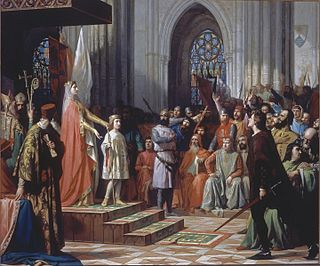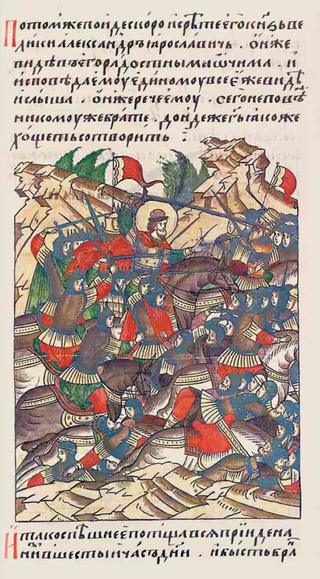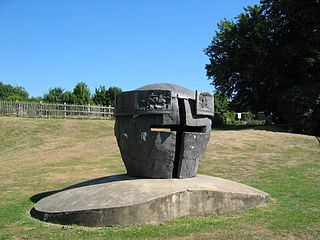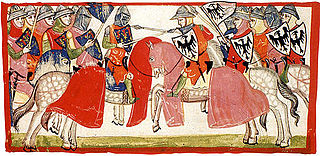| Millennium: | 2nd millennium |
|---|---|
| Centuries: | |
| Decades: | |
| Years: |
| 1253 by topic |
|---|
| Leaders |
| Birth and death categories |
| Births – Deaths |
| Establishments and disestablishments categories |
| Establishments – Disestablishments |
| Art and literature |
| 1253 in poetry |
| Gregorian calendar | 1253 MCCLIII |
| Ab urbe condita | 2006 |
| Armenian calendar | 702 ԹՎ ՉԲ |
| Assyrian calendar | 6003 |
| Balinese saka calendar | 1174–1175 |
| Bengali calendar | 660 |
| Berber calendar | 2203 |
| English Regnal year | 37 Hen. 3 – 38 Hen. 3 |
| Buddhist calendar | 1797 |
| Burmese calendar | 615 |
| Byzantine calendar | 6761–6762 |
| Chinese calendar | 壬子年 (Water Rat) 3950 or 3743 — to — 癸丑年 (Water Ox) 3951 or 3744 |
| Coptic calendar | 969–970 |
| Discordian calendar | 2419 |
| Ethiopian calendar | 1245–1246 |
| Hebrew calendar | 5013–5014 |
| Hindu calendars | |
| - Vikram Samvat | 1309–1310 |
| - Shaka Samvat | 1174–1175 |
| - Kali Yuga | 4353–4354 |
| Holocene calendar | 11253 |
| Igbo calendar | 253–254 |
| Iranian calendar | 631–632 |
| Islamic calendar | 650–651 |
| Japanese calendar | Kenchō 5 (建長5年) |
| Javanese calendar | 1162–1163 |
| Julian calendar | 1253 MCCLIII |
| Korean calendar | 3586 |
| Minguo calendar | 659 before ROC 民前659年 |
| Nanakshahi calendar | −215 |
| Thai solar calendar | 1795–1796 |
| Tibetan calendar | 阳水鼠年 (male Water-Rat) 1379 or 998 or 226 — to — 阴水牛年 (female Water-Ox) 1380 or 999 or 227 |

Year 1253 ( MCCLIII ) was a common year starting on Wednesday of the Julian calendar.











